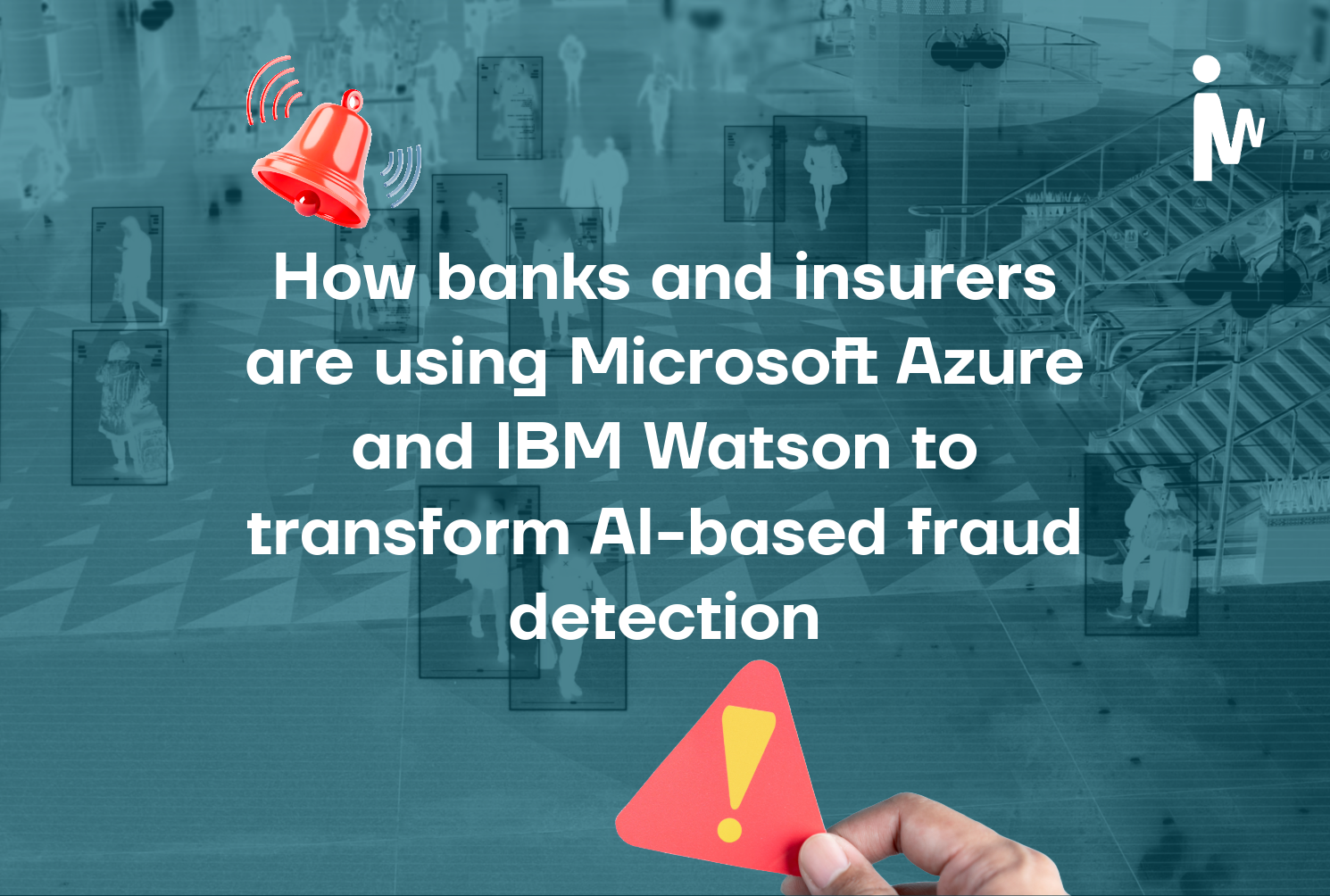Cyberattacks & Finance: The New Frontline of Geopolitics
 integrationWorks
·
2 minute read
integrationWorks
·
2 minute read
How Germany is becoming the target of business-driven cyberattacks
When political rhetoric fails, states begin to use more subtle weapons. In an era in which physical wars are increasingly being replaced by digital ones, cyber security is no longer just a technical discipline - it has become a strategic line of defense in the global power structure.
Germany, as the economic backbone of Europe, is particularly in the spotlight. And with it - the financial industry.
The attack surfaces are well known, but often underestimated: legacy systems with proprietary interfaces, fragmented cloud infrastructures, unclear responsibilities for external service providers. The risks are not only of an operational nature, they are structural. They arise where IT security is treated purely as a cost factor - instead of as a business-critical investment.
State-controlled cyber attacks - a real and acute threat
Russia, China and Iran do not operate in the digital space by chance. These countries operate with clear objectives: economic destabilization, strategic access to information and long-term political influence. Specialized groups such as APT28, APT41 or Charming Kitten exert influence on Western financial markets - covertly, precisely and in a calculated manner.
The forms of attack have evolved. No longer just DDoS attacks and ransomware - but targeted attacks on payment gateways, core banking systems, internal booking processes and RegTech stacks. What was once considered an isolated security risk is now an integral part of geopolitical strategy.
The economic impact of inadequate cyber security structures
A single successful attack can not only paralyze operational processes, but also lead to a chain reaction at a strategic level: Market volatility, regulatory sanctions, loss of reputation and significant capital flight. The economic consequences can be measured - in stock market curves, customer churn and rising insurance premiums.
In a world where trust is the real currency of the financial industry, a security incident can be more devastating than any economic recession. BaFin itself now classifies cyber attacks as a systemic risk. This means that the cyber security of an individual institution can affect the entire financial system in case of doubt.
Return on security investment - or: What is the cost of losing customer trust?
The discussion about return on security investment is misguided. The question is not whether security is "worthwhile", but what it costs a company if it is lacking. Customer trust, market share, regulatory freedom - all factors that cannot be directly accounted for, but which determine competitiveness in the long term.
Especially in Germany, where data protection and compliance are not a PR add-on but a legal expectation, cyber incidents are not forgiven. They have a lasting impact - legally, economically and culturally.
Cyber resilience as a strategic competence for the future
A rethink is needed. Away from reactive measures and towards proactive defense. Away from "ticking off" audits and towards continuous risk management. Cyber resilience means not only fending off digital attacks, but also designing business processes in such a way that they remain capable of acting even under attack scenarios.
This includes:
-
Breaking up monolithic IT architectures in favour of distributed, containerized systems
-
The implementation of context-sensitive access rights based on zero-trust strategies
-
The integration of threat intelligence into decision-making processes
-
The simulation of worst-case scenarios at regular intervals through red teaming
-
Consolidation of cloud and on-premise structures into a hybrid security architecture
Conclusion: Today, cyber security is no longer just a business area - it forms the foundation of the entire business model.
In a world in which economic power is increasingly defined by technological sovereignty, cyber security not only determines the success of individual companies - it determines the resilience of entire economies.
German financial companies are faced with a choice: either they see security as the core of their digital identity. Or they become a pawn in the hands of geopolitical interests.
The risk is not hypothetical. It is concrete. It is measurable. And it arrived a long time ago.


.png)
